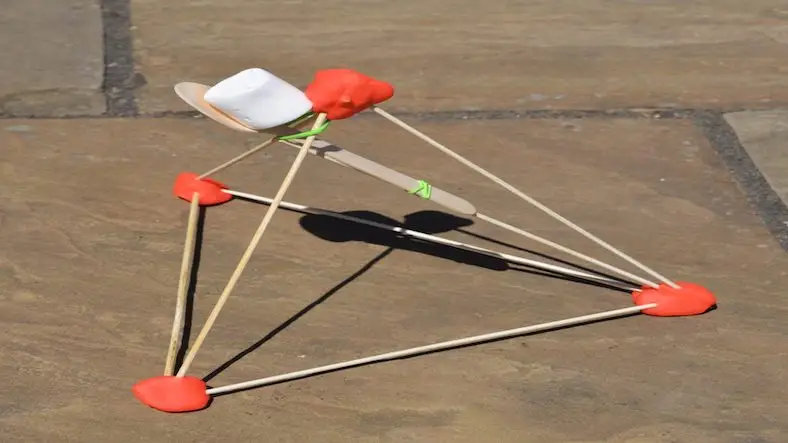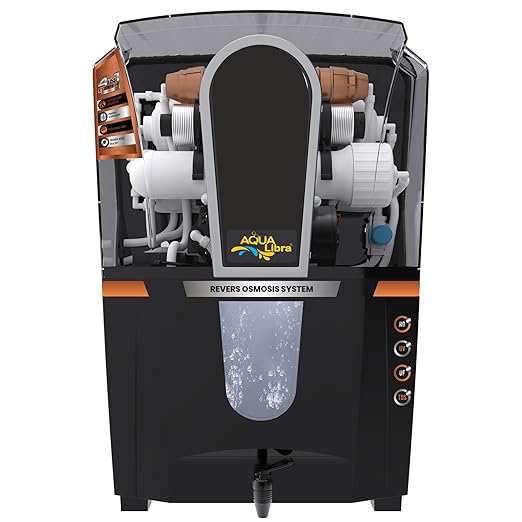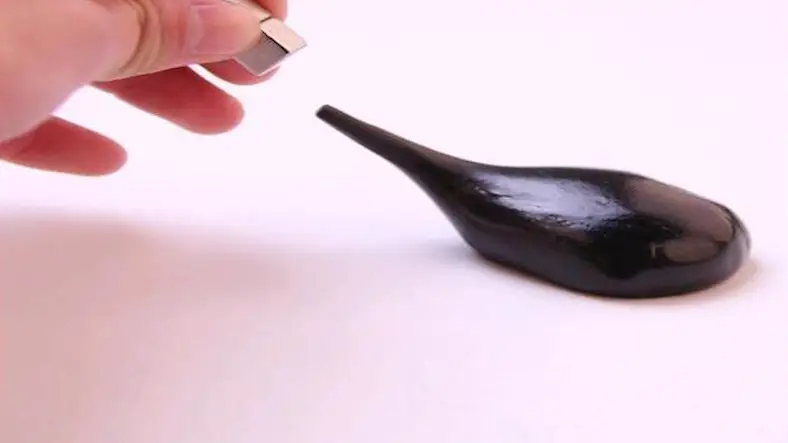Science experiments become more exciting when children can build something with their own hands—and even launch a marshmallow across the room! A marshmallow catapult is a simple but powerful STEM activity that helps kids understand force, motion, energy, and projectile trajectory through play.
In this article, you’ll learn how to make a marshmallow catapult at home using basic craft materials. We’ll walk through the materials, steps, science explanation, variations, safety tips, and fun challenges to try.
What Is a Marshmallow Catapult?
A marshmallow catapult is a small launcher built from popsicle sticks, rubber bands, and a plastic spoon. When you pull the arm back and release it, the stored energy launches a marshmallow forward. It is a great way to introduce kids to basic physics in a hands-on, playful way.
Kids learn by doing, and this experiment allows them to build, test, observe, and improve their design—just like real scientists and engineers.
Objective of the Experiment
The main goal of the Marshmallow Catapult Experiment is to help children understand:
- Force – how pulling back the spoon creates stored energy
- Motion – how the marshmallow travels when released
- Projectile trajectory – how angle and force affect distance
- Engineering design – how changing the catapult affects performance
This experiment supports STEM learning, builds creativity, and encourages problem-solving.
Materials Required
You only need simple craft supplies, most of which you may already have at home:
- Popsicle sticks (craft sticks)
- Rubber bands
- 1 plastic spoon
- Small marshmallows (or other soft, safe projectiles)
- Tape (optional, for extra support)
- Decorative items (markers, stickers, colored tape – optional)
These inexpensive and safe materials make the experiment suitable for kids of all ages.
Step-by-Step Procedure: How to Build the Marshmallow Catapult
Follow these simple steps to build your working catapult:
Step 1: Introduce the Concept
Before beginning, talk to kids about what a catapult is. Explain:
- A catapult is a simple machine.
- It uses stored energy to launch objects.
- Pulling back the spoon stores energy in the rubber bands.
- Releasing the spoon converts stored energy into motion.
This helps children understand the science behind the activity.
Step 2: Build the Base
- Take 6–8 popsicle sticks.
- Stack them neatly.
- Wrap rubber bands tightly around both ends of the stack.
- This stack will act as the base support for the catapult.
A strong base ensures stability when launching.
Step 3: Create the Launch Arm
- Take one popsicle stick.
- Place it horizontally on top of the base stack.
- Attach it to the base using a rubber band, but do not make it too tight—you want it to move like a lever.
You have now made the lever arm that will launch the marshmallow.
Step 4: Attach the Spoon
- Tape or rubber-band the plastic spoon to the free end of the lever stick.
- Make sure the spoon is secure and facing upright.
- The spoon acts as the projectile holder.
This is where the marshmallow will sit before launching.
Step 5: Decorate the Catapult (Optional)
Let children get creative:
- Use markers
- Add stickers
- Color the sticks
Personalizing the catapult makes the experiment more enjoyable.
Step 6: Load and Launch
- Place a marshmallow in the spoon.
- Hold the base firmly with one hand.
- Pull back the spoon gently but firmly.
- Release to launch!
Watch how far the marshmallow flies.
Step 7: Observe and Experiment
Encourage kids to try different variations:
- Pulling back harder or softer
- Changing the angle
- Using more or fewer rubber bands
- Adjusting the height of the base
Ask questions such as:
- What happens if you increase the angle?
- Does the marshmallow go farther when you pull back more?
- What design gives maximum distance?
This turns a simple activity into a complete STEM lesson.
Google Ad 1
Science Behind the Marshmallow Catapult
This experiment teaches several important science concepts:
1. Potential and Kinetic Energy
- Pulling the spoon back stores potential energy in the rubber bands.
- Releasing it converts potential energy into kinetic energy, which launches the marshmallow.
2. Force
The more force you apply by pulling back the spoon:
- The more energy is stored
- The farther the marshmallow will travel
3. Projectile Motion
The path of the marshmallow through the air is called a trajectory.
The distance depends on three main factors:
- Angle of release
- Amount of force
- Weight of the projectile
Kids can experiment to see how these change the results.
4. Engineering Design Thinking
Children learn:
- How to build and test
- How changing the design affects performance
- How to think like an engineer
The experiment is fun, but it also builds valuable problem-solving skills.
Fun Variations and Challenges
Make the experiment even more exciting with these ideas:
1. Long-Distance Challenge
See who can launch their marshmallow the farthest.
2. Accuracy Challenge
Place paper cups or targets at different distances.
3. Angle Testing
Use books or blocks to raise or lower the catapult and measure changes in trajectory.
4. Projectile Comparison
Test different soft objects:
- Mini pom-poms
- Cotton balls
- Small sponge pieces
- Paper balls
Which travels farthest?
5. Double Catapult Battle
Build two catapults and compete in friendly challenges.
Safety Considerations
Although this is a kid-friendly experiment, keep these safety tips in mind:
- Only use soft projectiles like marshmallows or cotton balls.
- Do not aim at people, pets, or fragile objects.
- Launch in an open area like a living room, classroom, or backyard.
- Supervise younger children during construction and launching.
Safety first makes the experiment more enjoyable for everyone.
Learning Outcomes
By the end of this activity, children will understand:
- How simple machines work
- How force affects motion
- How energy is stored and released
- How angles change projectile distance
- Basics of engineering design and testing
- Critical thinking and observation skills
This is a full STEM learning activity wrapped in fun.
FAQs
1. What age group is this suitable for?
This experiment is great for ages 5 and above. Younger children may need assistance.
2. Can I use something other than marshmallows?
Yes! Use any soft, lightweight object like:
- Pom-poms
- Cotton balls
- Soft paper balls
Avoid anything hard.
3. What if I don’t have popsicle sticks?
You can use:
- Chopsticks
- Pencils
- Small sticks from outside
Popsicle sticks are best, but alternatives work too.
4. How far can the marshmallow go?
Depending on design and force, marshmallows can fly anywhere from:
- 1 meter to nearly 5 meters!
Experiment to see how far yours can launch.
5. Is this good for school projects?
Absolutely! It’s perfect for:
- Science fairs
- Classroom STEM lessons
- Homeschool activities
- After-school clubs
Conclusion
The Marshmallow Catapult Experiment is simple, safe, and incredibly fun for kids. It encourages creativity while teaching important STEM concepts like force, motion, and engineering. Children get the satisfaction of building something real and watching their project work.
Try it at home, in school, or at a kids’ workshop—this activity never fails to bring excitement and learning together.
Thanks for reading! For more fun Science and Technology experiments, tips, and articles, visit and subscribe to PeoplesBLOG.















